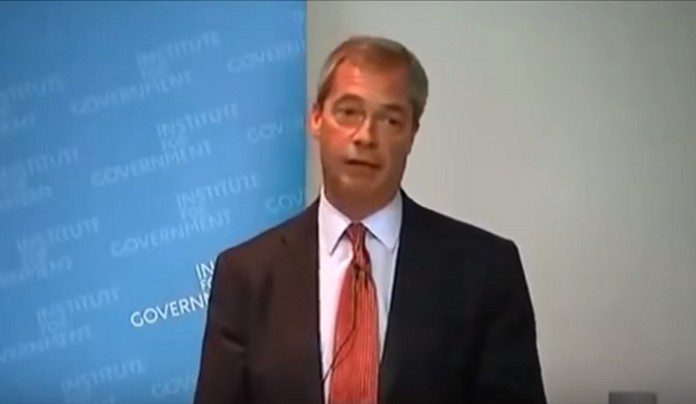A type of democracy, direct democracy places power directly into the hands of the people. It is a political system that is based upon an unmediated and direct participation of all the people to pursue a particular goal for the country. It is a convenient and effective type of democracy that allows the citizens to decide who to vote for and aims to help them speak out for their concerns.
Like other forms of government, direct democracy has its own set of pros and cons. You need to be aware of them to make sure all the consequences it brings will be prevented.
List of Pros of Direct Democracy
1. It increases cooperation among members of society.
When people are allowed to speak their minds, it would lead to less civil disobedience and unrest. Citizens who know that what they say matters will be far more their voice matters are far more willing to participate in things that will improve society, rather than tear it down.
2. It allows for greater government accountability.
Since direct democracy allows people to voice their worries in a direct manner, there will be greater government accountability. Mistakes would be avoided when it comes to meeting proletarian needs, as the government would hear it straight from the people, and there is no middleman who could mix up the message.
3. It applies total transparency.
This political system promotes a high level of transparency between the government and the citizens, which is simply incomparable to those of other forms of government. Progress would rely more on the people, than on the government itself. Discussions related to critical issues would take place directly, which leads to a higher level of trust between parties.
List of Cons of Direct Democracy
1. It increases tension.
As citizens are required to come together and agree on important issues in a direct democracy, it can be difficult to some people in the society. And when people are at odds with each other on key issues, with only one side being able to realize what they are pushing, there would emerge greater tension on a daily basis.
2. It sees the public being not always involved.
While the idea of direct democracy sounds really good, it would only work when the people would truly participate. In some cases, certain elements would be lost in the execution. And if people are not willing to contribute and do their part, the government’s time and effort would just go to waste.
3. It makes it more difficult to make decisions.
In situations where all citizens are allowed to have a voice, it is often difficult to reach a consensus. Making a decision on whose voice is worth listening to and whose voice is not important cannot be done easily and can even lead to people losing their faith in direct democracy.
In a direct democracy, the government and the people should be careful in putting their decisions into action to ensure it helps the society progress, or else they will be letting their country to decline. Based on the pros and cons listed above, do you think this political system is best to have?
Crystal Lombardo is a contributing editor for Vision Launch. Crystal is a seasoned writer and researcher with over 10 years of experience. She has been an editor of three popular blogs that each have had over 500,000 monthly readers.


















